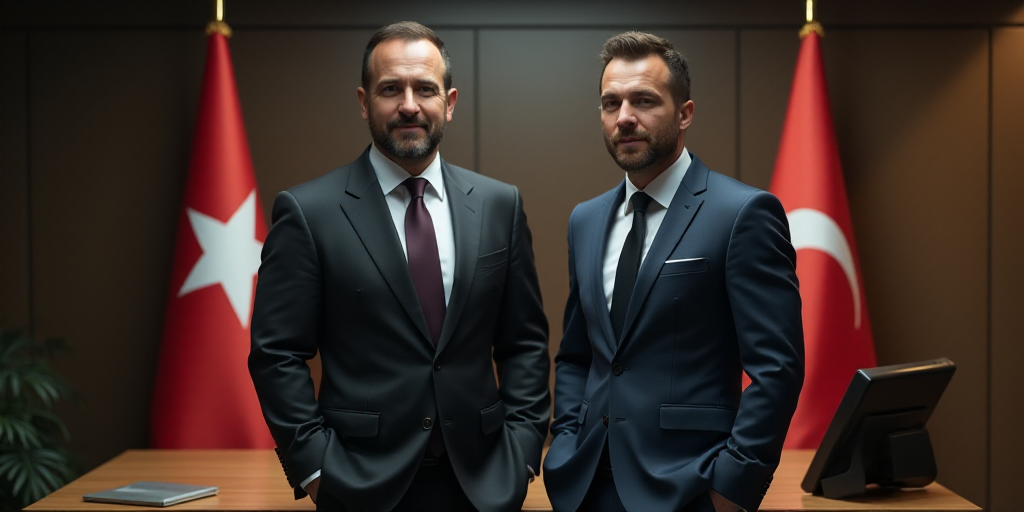An Unpredictable Campaign by Trump
In the tumultuous first 100 days since President Donald Trump’s return to office, he has waged an often unpredictable campaign that has upended parts of the global order based on rules Washington helped construct from the ashes of World War II.
Key Actions Taken by Trump
- Initiated a global tariff war without precedent.
- Drastically cut U.S. foreign aid.
- Disparaged NATO allies and embraced Russia’s narrative about its invasion of Ukraine.
- Spoken of annexing Greenland, reclaiming the Panama Canal, and making Canada the 51st U.S. state.
Reactions to Trump’s Policies
Elliott Abrams, a conservative who served under Presidents Ronald Reagan and George W. Bush, stated, “Trump is much more radical now than he was eight years ago. I have been surprised.”
Trump’s “America First” agenda in his second term has alienated friends and emboldened adversaries, raising doubts about how far he is willing to go.
Uncertainty and its Consequences
These actions, combined with the uncertainty they have created, have left some governments responding in ways that could be difficult to reverse even if a more traditional U.S. president is elected in 2028.
This upheaval occurs amid what critics consider signs of democratic backsliding at home, raising concerns abroad. These include verbal attacks on judges, pressure campaigns against universities, and the transfer of immigrants to a notorious El Salvador prison as part of a broader deportation campaign.
Experts’ Perspectives
Many experts say, although some damage may be lasting, the situation might not be irreparable if Trump softens his approach. He has already reversed course on some issues, like the timeline and severity of tariffs.
However, they see little chance of a drastic change by Trump and expect many countries to introduce lasting changes in their relations with the U.S. to safeguard against his erratic policies.
Early Consequences
Some European allies are trying to bolster their own defense industries to reduce reliance on U.S. weapons. In South Korea, there’s intensified debate about developing its own nuclear arsenal. There’s speculation that deteriorating relations might push U.S. partners closer to China, at least economically.
White House Response
The White House rejects the notion that Trump has damaged U.S. credibility, citing instead the need to clean up after what it calls former President Joe Biden’s “irresponsible leadership” on the global stage.
The Future of Global Order
At stake, according to experts, is the future of a global system that has taken shape over the past eight decades largely under U.S. primacy, based on free trade, the rule of law, and respect for territorial integrity.
However, with Trump, who has dismissed multilateral organizations and often views global affairs through the transactional lens of a former real estate developer, this world order is wobbling.
By accusing trading partners of “cheating” the U.S. for decades, Trump has launched a tariff rollout that has rattled financial markets, weakened the dollar, and raised warnings about a slowing global economic production and increased risk of recession.
While Trump calls tariffs “necessary medicine,” his goals remain unclear, even as his administration negotiates separate agreements with dozens of countries.
Simultaneously, he has virtually reversed U.S. policy on Russia’s war in Ukraine, a three-year conflict, and engaged in a heated Oval Office discussion with Ukrainian President Volodymyr Zelensky in late February. He has cozied up to Moscow, raising fears that he might compel Kyiv, backed by NATO, to accept territorial losses while prioritizing improved relations with Russian President Vladimir Putin.
Trump’s Impact on Transatlantic Security
The administration’s disregard for Europe and NATO, long the cornerstone of transatlantic security but accused by Trump and his aides of exploiting the U.S., has caused deep resentment.
German Chancellor Friedrich Merz, after winning February elections, expressed concern over European-U.S. relations, stating it would be difficult for those advocating “America First” to truly make their motto “America Alone.”
Using expansionist rhetoric long avoided by modern presidents, Trump has hinted at acquiring Greenland, a Danish semi-autonomous island. He has angered Canada by suggesting it has little reason for existence and should join the U.S., threatened to seize the Panama Canal (transferred to Panama in 1999), and proposed turning devastated Gaza into a tourist hub under U.S. control.
Some analysts claim Trump might be attempting to revive a Cold War-style world order, where major powers divide geographical spheres of influence.
However, he has not detailed how the U.S. could acquire more territory, and some experts suggest he may be adopting extreme or exaggerated stances as negotiation tactics.






